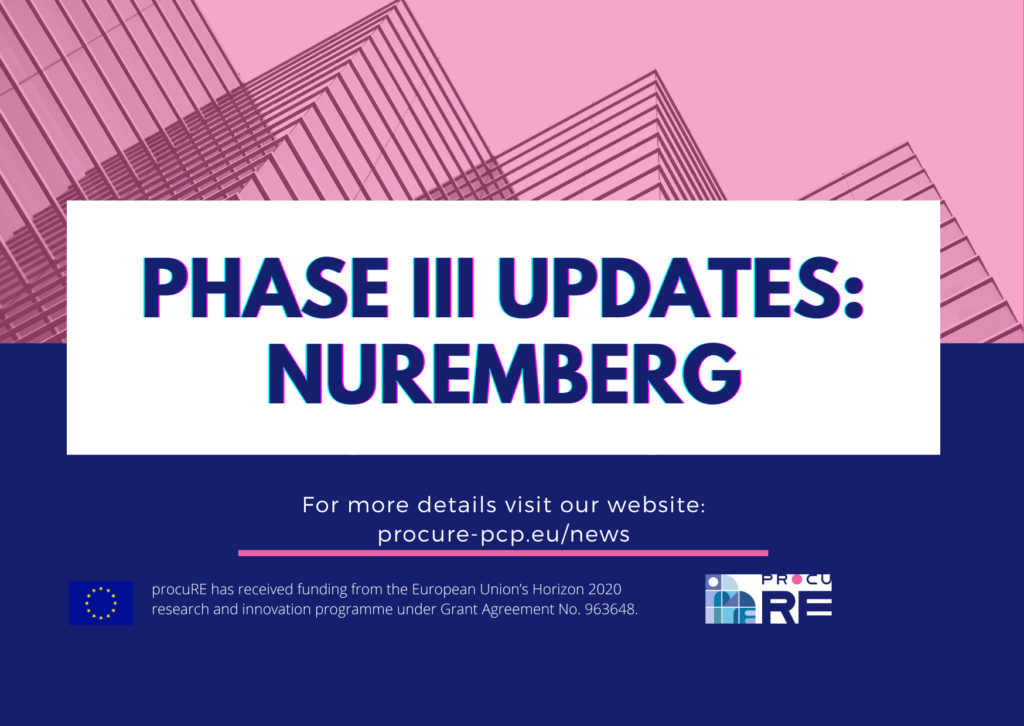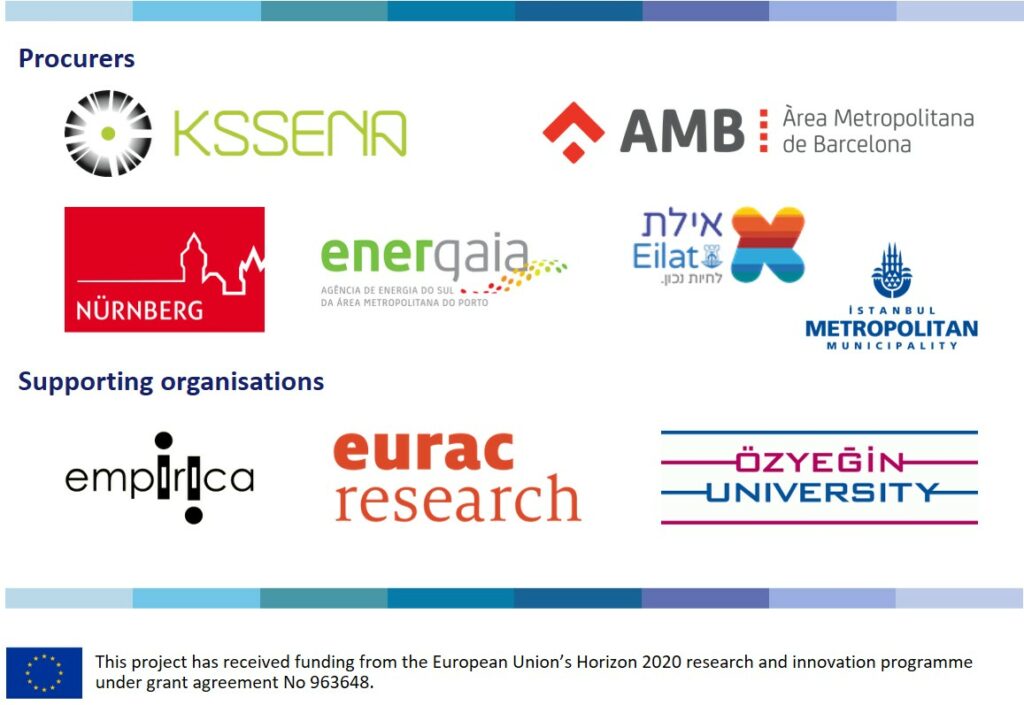Nuremberg, Germany
Nuremberg pilot site - Volksschule
Climate targets and deadlines
The city is aware of its extensive responsibilities concerning sustainability. Therefore a wide variety of steps has already been taken. An advanced data acquisition infrastructure was put in place to measure water and energy consumption of municipal buildings. This infrastructure is constantly being improved and provides an invaluable database for effective energy-saving measures.
Since 1998 a dedicated team – the municipal energy management – supports the building department in a wide field of tasks related to renewable energy production, building physics, sustainability, energy saving, renovation of old buildings and more.
The city’s new building projects as well as its renovation projects are carried out according to self-imposed standards, which surpass the national average and aim to both protect the climate and to improve indoor comfort.
The city already purchases 100 % renewable electricity to cover the demand of the municipal buildings. Currently, efforts are made to strongly expand the capacity of the city’s own photovoltaic-systems.
The recently built “Energy- and Environment-Station” offers various engaging learning opportunities for students from elementary school to secondary school.
The City of Nuremberg is a member of the Soil Alliance, and the Climate Alliance. Within these European networks, the city actively fights for sustainable soil use and for global climate protection.
In July 2019, the City Council decided to intensify its efforts to reach net zero carbon emissions of its own buildings by 2035. The effort will include substantial refurbishments, evaluating the climate saving effects.
City-wide, the aim is to cut CO2-emissions by 60 % by 2030*, including all CO2 emission sources. The target for 2050 is a reduction in CO2-emissions of 95 %* (*compared to the levels of 1990).
Germany aims for a nationwide climate neutrality by 2050 and just recently introduced new push and pull mechanisms for buildings such as CO2-pricing and tax exemptions for renovations.
Goals and challenges for buildings along the road
Nuremberg owns 1,900 buildings. In 2019 the specific consumption for electricity was about 28 kWh/m² and for heating 110 kWh/m². The city’s schools and office buildings consumed about 38 GWh of electrical energy and 110 GWh of heating energy per year with cost of €17 million (of €34 million total).
One huge challenge is the high degree of listed buildings in the building stock. Those buildings cannot easily be retrofitted to a high efficiency standard. E.g. many buildings cannot be equipped with PV-systems because this would compromise the city scape. In turn, other buildings would have to produce energy beyond their own demand to also cover the demand of the listed buildings.
How procuRE slots into this story and how it might help to achieve above
To achieve the City’s climate targets, efforts in two directions are necessary. On the one hand, renovation efforts to improve the overall energy efficiency have to be increased. On the other hand, the whole energy supply of the city’s buildings has to be reorganised. For this reason, procuRE is a relevant building block to create a practical technical solution which might be rolled out in many buildings which are not heated by district heating.
procuRE will not be Nuremberg’s first renewable energy project nor will it be its first renewable energy storage but procuRe will by far be the city’s most comprehensive renewable energy project yet.
procuRE project is a common effort of the city’s building department together with the participating school, managed by the municipal energy management.


News & Events
April 12, 2024

phase III progress update in nuremberg
May 27, 2021

Nuremberg’s Sustainable Development Goals
December 1, 2020


